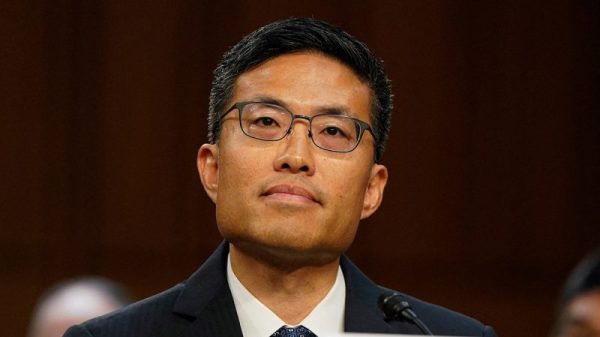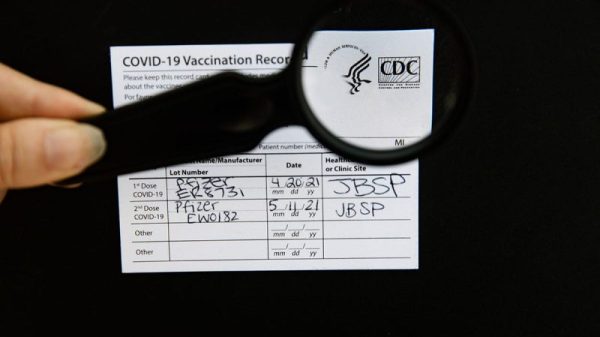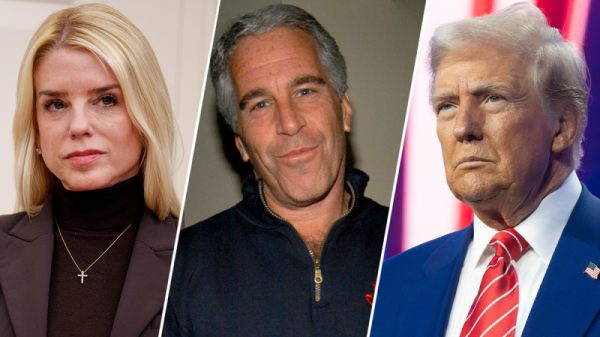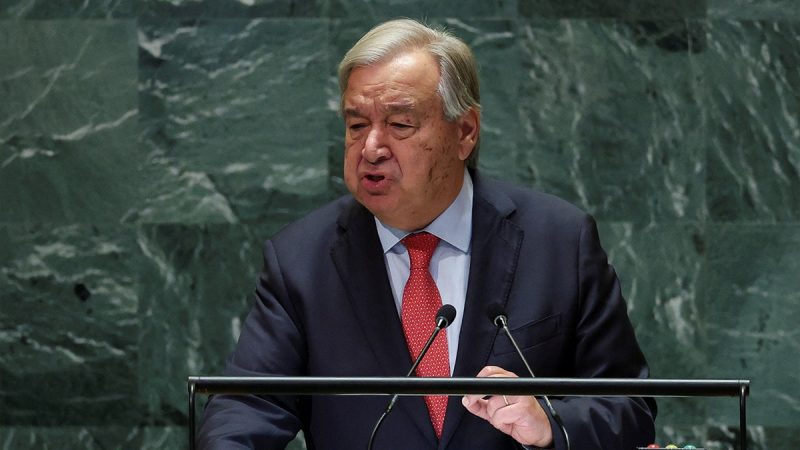In a world where artificial intelligence (AI) is becoming increasingly integrated into our daily lives, there is growing concern about how to effectively regulate this powerful technology. Recent discussions have centered around the role of the United Nations (UN) in regulating AI to ensure its safe and responsible development.
Many experts agree that AI regulation is necessary to address ethical concerns, potential biases, and safety risks associated with its deployment. However, there is a fine line between ensuring safety and stifling innovation. The involvement of the UN in AI regulation has sparked a debate among experts and policymakers, with some warning that it could lead to overreach and hinder technological progress.
One of the primary concerns raised by experts is the UN’s potential lack of expertise in the field of AI. While the UN has a long history of setting global standards and guidelines for various issues, including human rights and environmental protection, the complexity of AI technology requires a deep understanding of its technical intricacies. Without sufficient expertise, regulatory measures proposed by the UN may not effectively address the unique challenges posed by AI systems.
Furthermore, the decentralized nature of AI development and deployment may make it difficult for a centralized global body like the UN to effectively regulate AI technologies. AI research and implementation are carried out by a wide range of actors, including governments, academia, and private corporations, each with their own agendas and priorities. Coordinating regulation on a global scale that accommodates these diverse interests while safeguarding against potential risks is no easy task.
Another issue that experts have highlighted is the potential for regulatory overreach by the UN. As a bureaucratic institution, the UN may struggle to keep pace with the rapid advancements in AI technology. This could lead to rigid regulations that stifle innovation and hinder the development of beneficial AI applications. Additionally, a one-size-fits-all approach to AI regulation imposed by the UN may not be suitable for all countries and could impede local innovation and economic growth.
Despite these concerns, proponents of UN involvement in AI regulation argue that global coordination is essential to address the transnational challenges posed by AI. Issues such as data privacy, cybersecurity, and algorithmic transparency transcend national borders and require a cohesive international response. The UN, with its platform for multilateral cooperation, could play a pivotal role in establishing common standards and norms for AI development and deployment.
In conclusion, while the UN’s involvement in AI regulation could help establish a global framework for addressing the ethical and safety concerns associated with AI, it is crucial to proceed with caution. Balancing the need for regulation with the imperative to foster innovation and technological advancement will be paramount in shaping the future of AI governance. Collaborative efforts between various stakeholders, including governments, industry leaders, and civil society, will be essential to ensure that AI regulations are both effective and conducive to a thriving technological landscape.


































